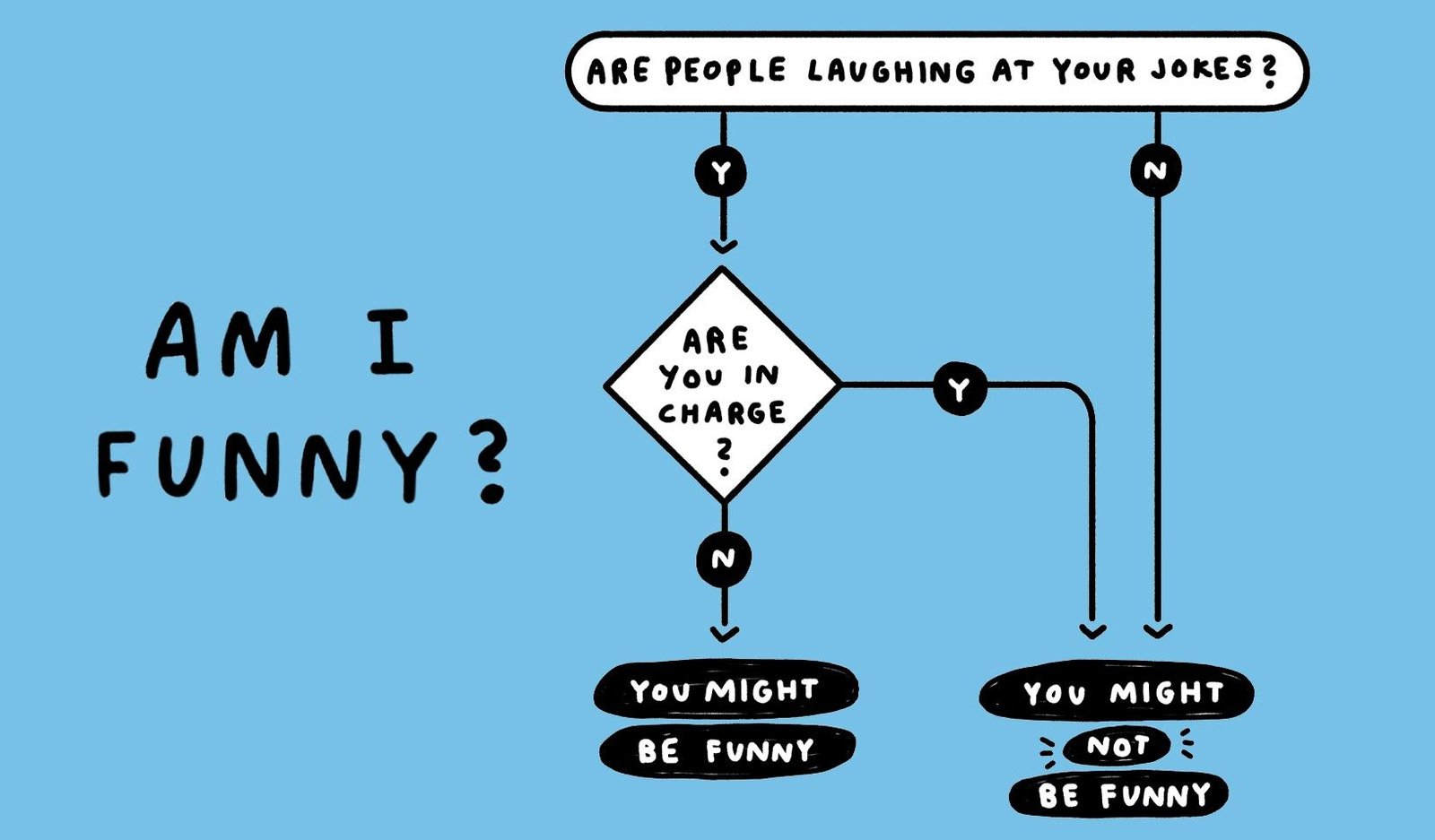
The Fiasco at this year’s Oscars has taken the world and the internet by storm. In an emotionally heated moment, Will Smith stomped onto the stage and slapped Chris Rock to defend his wife. As netizens debate over the action; whether out of love or outright unacceptable-Violence, in all of its forms is indeed poisonous, destructive, and unacceptable. No matter the justification.
A matter of importance, however, is to note that there is a delicate between hilarious humor and outright hurtful humor. You may have enjoyed a good laugh at similar jokes created at the expense of certain groups. It usually feels good to chuckle and to feel “in on” the joke. But while all comedy has an overt meaning, much of it also delivers a hidden, negative message, one we may not consciously recognize or realize we are sending.

Humor can be a healing agent and laughter “the best medicine. But what about those times when comedy crosses the line of good taste and poking becomes slashing? When humor hurts someone in our family, school, workplace, or community? Whether delivered as cutting sarcasm, name-calling, ridicule, humiliation, intimidation, or shaming, the pain can be devastating and become “toxic” in many settings.
The entire incident at the Oscars, has us re-examining unacceptable humor and things that must not be joked about.

Things One Must Not Joke About:
Religion:
Religion is sacred and therefore should not be joked about. Remember, religion touches people in many ways and is highly personal.
Physical Appearance:
‘Oh you are such a cow!’, ‘My 10-year-old son is taller than you!’ These are some examples of the many hurtful ways our innocent humor can deeply hurt someone and trigger insecurities. Physical appearance at times is beyond people’s control as people may gain weight, lose hair, have acne due to a health condition, unknown to them. Thus, it is essential to not joke about one’s appearance.
Mental, physical health conditions:
Every person is living their battle, full of struggles, and many times our dearest and nearest are suffering from a mental or physical condition, unknown to us. Joking about depression, a deformity due to a disease is highly insensitive and hurtful and must be avoided.
Rape/Terrorism/Abuse:
Anybody who chooses to casually joke about these highly sensitive topics, should not be in your company as it is the epitome of utter distaste.
Here are a few suggestions for putting awareness into action:
Adopt a Code of Conduct for the personal, social and organizational use of humor. Humor that’s laced with anger, hurt, or resentment is a bad idea. Step back, recuse yourself from conversations where hurtful humor is being used. Practice kindness in your use of humor.
Do a Humor Self-Audit. If you use humor in a way that could hurt someone, stop doing it and consider apologizing to anyone you may have hurt.
Summon the courage to speak up and/or report it to someone in authority if you’re a victim of hurtful humor, or live/work/go to school where hurtful humor is the norm.
Take a deep breath and lighten up if you find yourself taking things too personally and overreacting to even harmless jokes.
Be patient and loving with family members and close friends who you’re trying to make aware of their hurtful humor.

Anybody who’s been the butt of a cruel joke, slanderous sarcasm, or malicious ridicule will tell you the hurt and embarrassment can last a lifetime — and undermine even the safest, most caring homes, classrooms, boardrooms, and bedrooms. Whether it’s from the lips of a parent, sibling, spouse, buddy, teacher, boss, co-worker, or friend, the humor that hurts, in all its forms, is simply unacceptable and has no place in our relationships. This entire incident has irked an essential conversation about acceptable subjects of humor and comedy, requiring a self-evaluation on an individual and social level.




